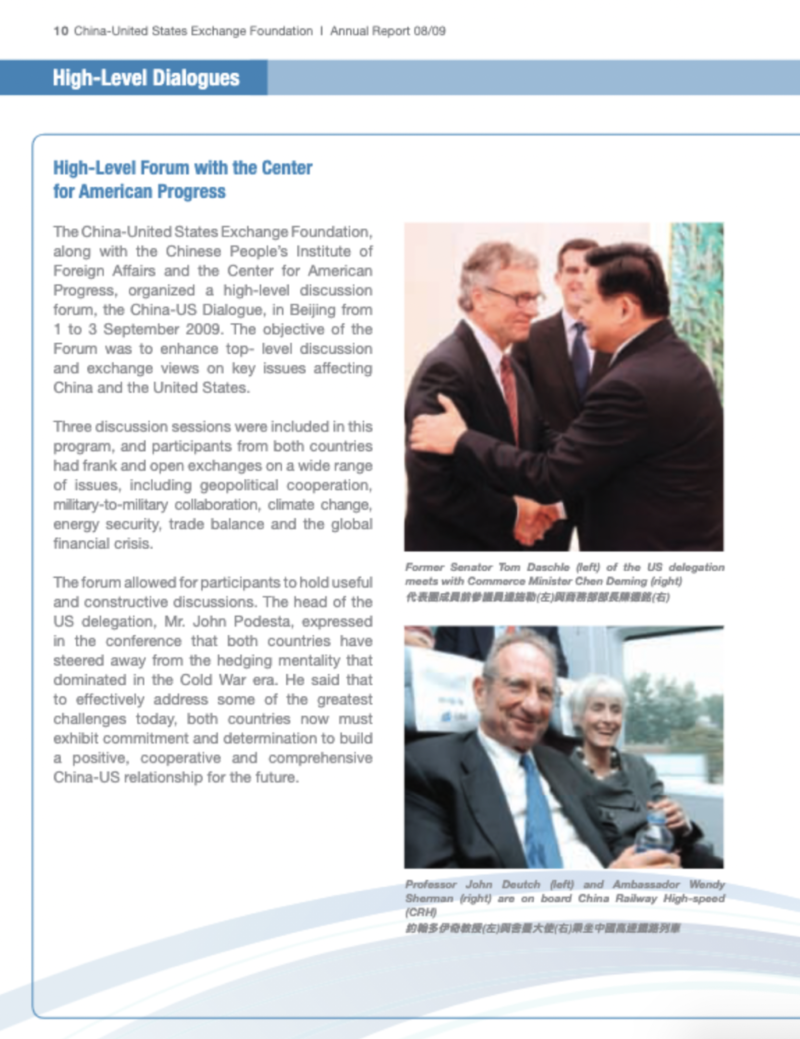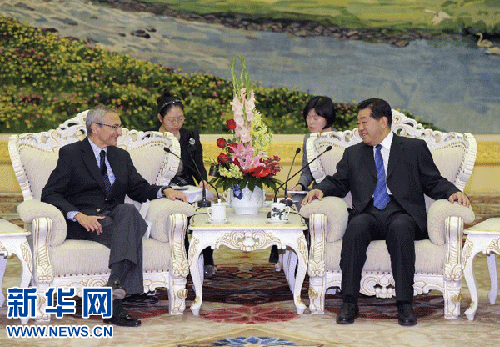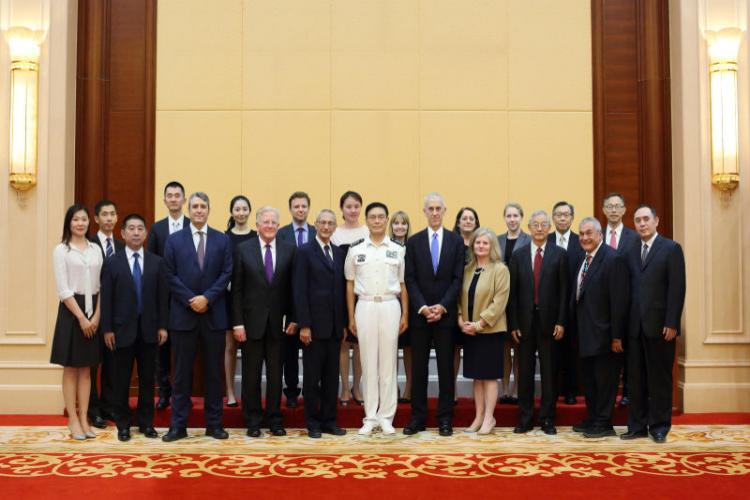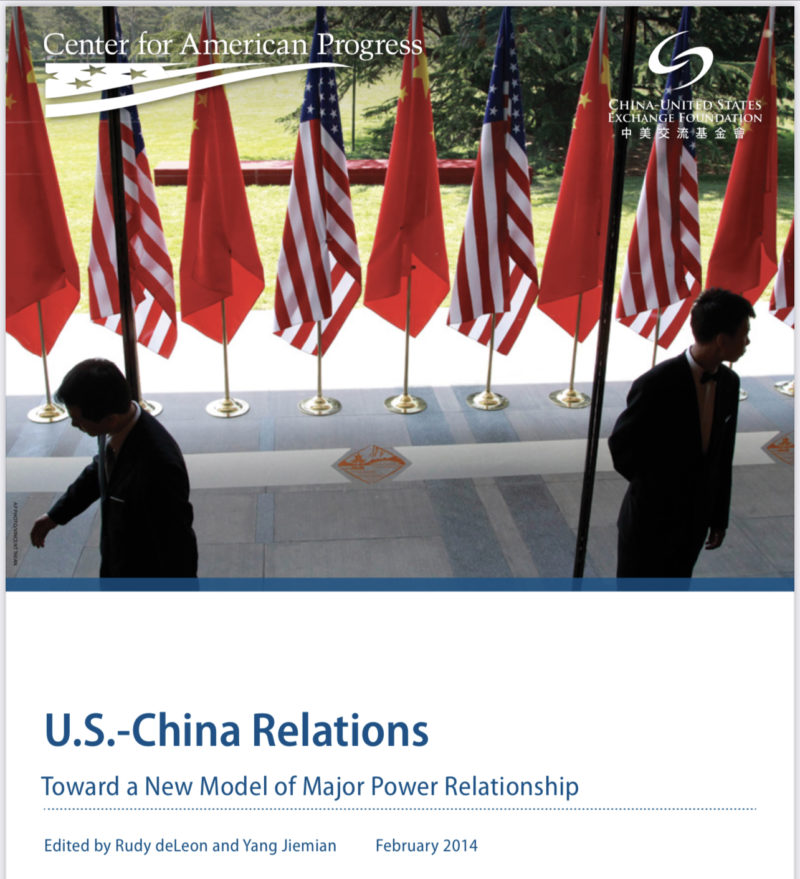Stacey Abrams serves on the board of the Center For American Progress, which has participated in exchanges with a premier Chinese Communist Party-linked propaganda organization for over a decade, even co-authoring reports with the group, The National Pulse can today reveal.
Among its Democratic board members is Abrams, who remarked she was “honored to be joining the board of the Center for American Progress,” as it “has been at the forefront of progressive policy development and activism for years.” What’s more, the left-wing activist spoke at the group’s 2019 conference to outline “solutions to combat voter suppression efforts.”
“Abrams urged Americans to fight for progress through litigation that combats regressive laws and expands voting rights; legislation such as H.R. 1 that offers historic democracy and voting reforms; and advocacy that centers communities of color and the disadvantaged to bring new voices to the table to change the country’s trajectory,” CAP summarized.
However, in conjunction with the group’s years of left-wing activism praised by Abrams, CAP has collaborated extensively with the Chinese Communist Party.
CAP has repeatedly partnered with the China-United States Exchange Foundation (CUSEF) on sponsored trips to China, reports, and other endeavors for over a decade. Aided by Western lobbying firms, CUSEF has set out to “effectively disseminate positive messages to the media, key influencers and opinion leaders, and the general public” regarding China, according to Foreign Agent Registration Act (FARA) filings with the Department of Justice.
The National Pulse has previously revealed CUSEF’s links to mainstream corporate media outlets and other leading political figures in the United States.
Annual Delegations.
Since 2009, CAP has sent delegations to China as part of a CUSEF program. Brochures from the Chinese government-linked organization reveal CAP delegations have discussed “a wide range of issues including geopolitical cooperation, military-to-military collaboration, climate change, energy security, trade balance, and the global financial crisis.”
“Both countries now must exhibit commitment and determination to build a positive, cooperative, and comprehensive China-US relationship for the future,” a summary of remarks from delegation leader, Obama adviser, and Chief of Staff to President Bill Clinton John Podesta stated.

Images from 201l reveal the delegation attending meetings with high-level apparatchiks in the Chinese Communist Party’s “Great Hall of the People.” A foreign Chinese embassy’s report on the event recounted how Chinese officials “urged the United States to properly deal with Taiwan-related issues and attach importance to China’s concerns.”

CUSEF has also boasted on its website that through 2016 “expert delegations from CAP visited Beijing,” frequently under the leadership of Podesta, CAP’s Chairman, to meet with Chinese Communist Party officials including military leaders. “This timely visit was particularly of great interest to many as the U.S, general election began to take off,” a summary noted.

Shared Bylines.
Following the 2013 delegation, CAP and CUSEF co-authored a 110-page report on the future of U.S.-China relations, urging closer economic ties and military collaboration.
“Officials and experts in both countries need a more effective dialogue with their citizens on the importance of the U.S.-China relationship and what new- model relations exercise is designed to prevent and achieve,” the memo also encouraged.

Emails from CAP’s China Policy Director and Senior Fellow Melanie Hart – who now serves in the Biden White House – also reveal she is “fine” with Chinese think tanks partnering with “western ones (like [CAP])” to do more “international influencing”:
“Basically, they are demanding that Chinese think tanks sharpen up and be more “influential and famous.” They want Chinese think tanks to partner with western ones (like us) more and do more international influencing. That’s fine…”


